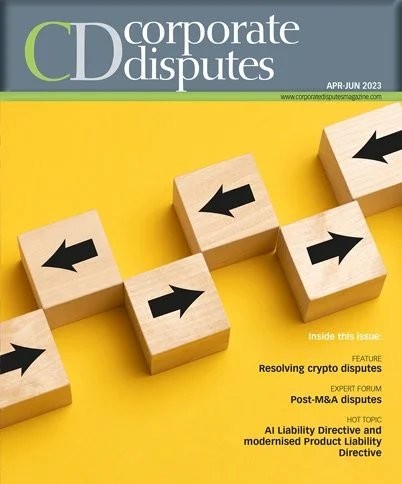COGNITIVE BIAS IN INTERNATIONAL ARBITRATION
Human decision makers use mental shortcuts (heuristics) to simplify and solve problems quickly and efficiently. While heuristics are useful and effective in many situations, they can also lead to unconscious psychological influences on our decision making, so called ‘cognitive biases’. These biases can affect the quality and accuracy of decisions.
Judges and arbitrators are not exempt from these psychological influences. While they tend to be better at making decisions and countering bias than other professions, cognitive biases still affect their judgement and most likely come into play in situations of ambiguity and discretion.
In arbitration, unconscious bias plays a role in all phases of the proceedings and can create an asymmetry between parties, leading to unjust outcomes. However, given the flexible and autonomous nature of the arbitral process, the parties have ample procedural safeguards at their disposal to mitigate the effects of cognitive bias. Arbitration proceedings have an important advantage over state court proceedings (which are more rigid) in this regard.
The main types of cognitive biases in decision making
While psychologists have identified various kinds of cognitive biases, this article focuses on the following biases that have been established in the context of legal decision making: anchoring bias, informational blinders, hindsight bias, confirmation bias, and framing effects.
Anchoring bias. Anchoring describes the inclination to rely too heavily on one piece of information (the anchor) when making decisions. Once an anchor, such as a number or value, is set, all subsequent decisions are made in relation to, and by moving away from, such anchor. This bias can be problematic if the initial value is irrelevant or not adequately placed.

